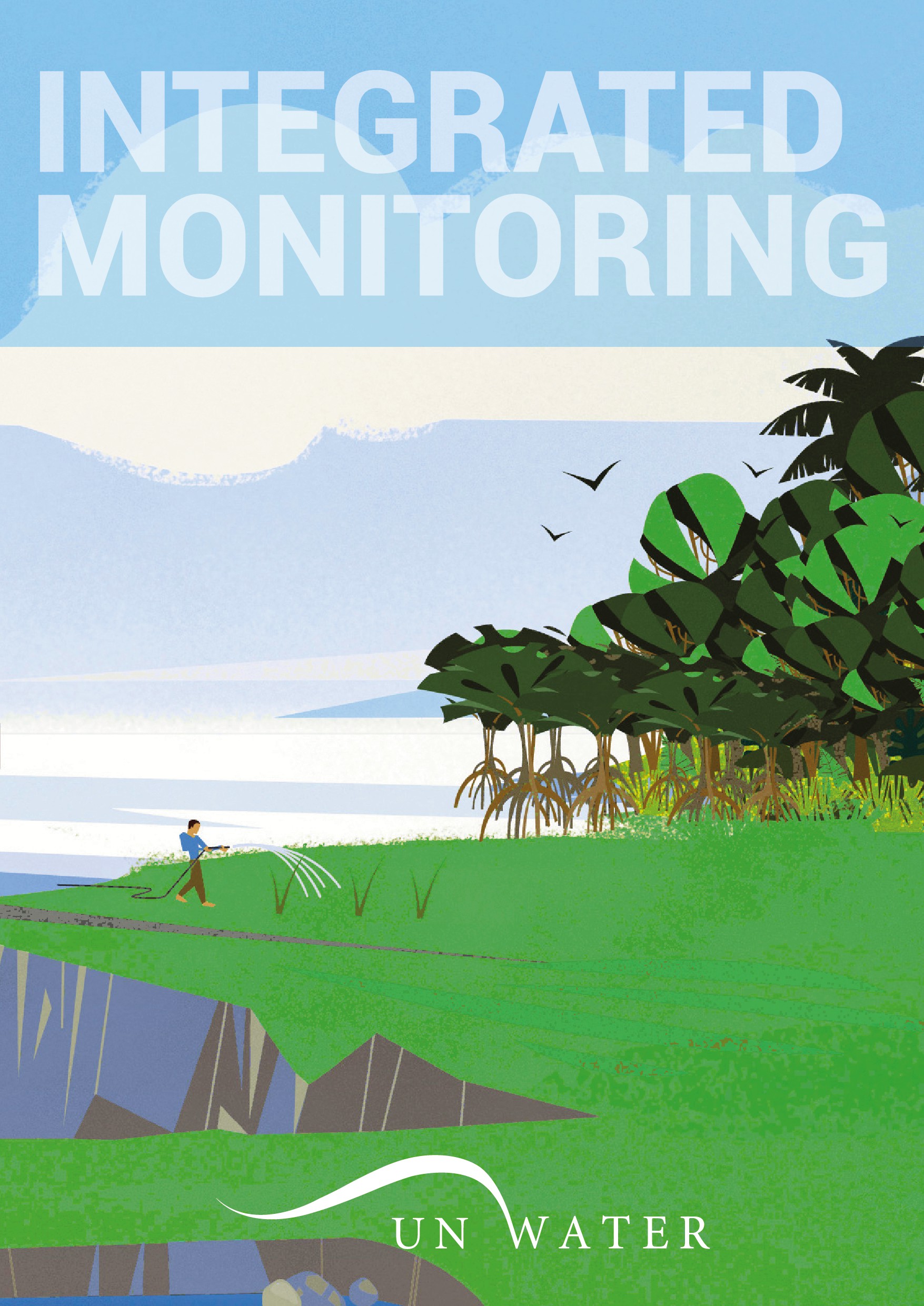Country process during the pilot testing


Organization
SDG 6 monitoring focal point. All countries identified an SDG 6 monitoring focal point, either before or after the inception workshop, who would act as the overall process coordinator and point of communication with the global Initiative. The ministry to which this focal point belonged differed from country to country.
Technical teams. Technical teams gathering all relevant stakeholders were formed for each indicator, or sometimes for an SDG 6 target covering multiple indicators. For each team, one or more lead institutions were appointed and given the ultimate responsibility for implementing the monitoring, coordinating the efforts of other stakeholders and providing regular updates to the SDG 6 focal point.
Intersectoral monitoring team. In each country, an intersectoral monitoring team was also created, comprising the SDG 6 focal point and the leads of the technical teams. Its purpose was to work with monitoring and data across indicators and sectors, to facilitate learning, streamline data collection and management and support joint analysis and use for policy- and decision-making.
Process
National inception workshop. In each of the pilot countries, the monitoring process started with a national inception workshop, which was attended by participants from across many different sectors and government departments, with different interests and areas of expertise, and different (sometimes contradictory) data sets. These workshops always made a point of involving the National Statistical Office, which is typically the ultimate authority for final approval of official statistics.
Technical workshops. The technical teams held technical workshops to review the methodologies, assess existing data sets and set out processes for consolidating data. In some cases, the consensus was to collect new data. The teams also discussed the additional indicators needed to track progress towards SDG 6 at the national level. They then proceeded to implement the plans, collecting, validating and analysing data. Where necessary, they approached the custodian agencies for additional technical support, whether in the form of virtual advice or more directly through expert missions.
National closing workshops. At the end of the process, several countries held national closing workshops, which convened many of the attendees from the inception workshop, to discuss results and lessons learned and plan for subsequent data-collection cycles.
UN-Water Publications
UN-Water’s publications can be divided into two main groups: the publications that represent all Members and Partners of UN-Water – the collective products – and the publications that are under the UN-Water umbrella but produced by groups or individual UN-Water Members and/or Partners – the related products.
